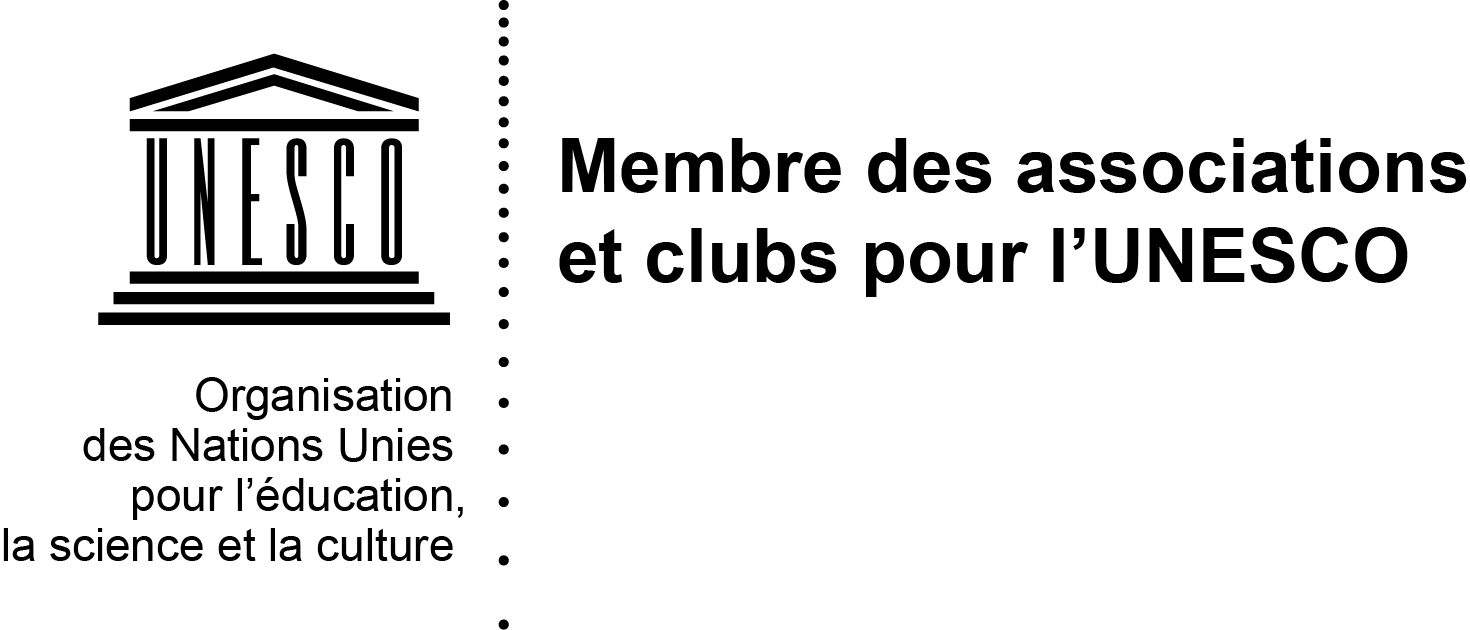[cmsmasters_row data_shortcode_id=”iil1z7a1ka” data_width=”boxed” data_top_style=”default” data_bot_style=”default” data_color=”default” data_bg_img=”14715|http://galleria-metropolia.cmsmasters.net/demo/wp-content/uploads/sites/3/2018/01/04.jpg|full” data_bg_position=”top center” data_bg_repeat=”no-repeat” data_bg_attachment=”scroll” data_bg_size=”cover” data_bg_parallax_ratio=”0.5″ data_padding_top=”240″ data_padding_bottom=”130″ data_resp_vert_pad=”true” data_padding_top_tablet=”100″ data_padding_bottom_tablet=”100″ data_padding_top_mobile_h=”100″ data_padding_bottom_mobile_h=”100″ data_padding_top_mobile_v=”80″ data_padding_bottom_mobile_v=”80″][cmsmasters_column data_width=”1/1″ data_shortcode_id=”235yxw20tv” data_animation_delay=”0″ data_border_style=”default” data_bg_size=”cover” data_bg_attachment=”scroll” data_bg_repeat=”no-repeat” data_bg_position=”top center”][cmsmasters_heading shortcode_id=”3av90vgoaw” type=”h2″ font_weight=”default” font_style=”default” text_align=”center” color=”#ffffff” margin_top=”0″ margin_bottom=”20″ animation_delay=”0″]Intangible heritage[/cmsmasters_heading][/cmsmasters_column][/cmsmasters_row][cmsmasters_row data_padding_bottom=”50″ data_padding_top=”100″ data_color=”default” data_bot_style=”default” data_top_style=”default” data_width=”boxed” data_shortcode_id=”rytilcrlys”][cmsmasters_column data_width=”1/1″ data_shortcode_id=”qts1ygoizy” data_bg_position=”top center” data_bg_repeat=”no-repeat” data_bg_attachment=”scroll” data_bg_size=”cover” data_border_style=”default” data_animation_delay=”0″][cmsmasters_blog shortcode_id=”n3yw0vur2q” orderby=”date” order=”DESC” count=”16″ categories=”intangible-heritage” layout=”columns” layout_mode=”grid” columns=”4″ metadata=”more” pagination=”more” more_text=”Accéder aux articles”][/cmsmasters_column][/cmsmasters_row]


